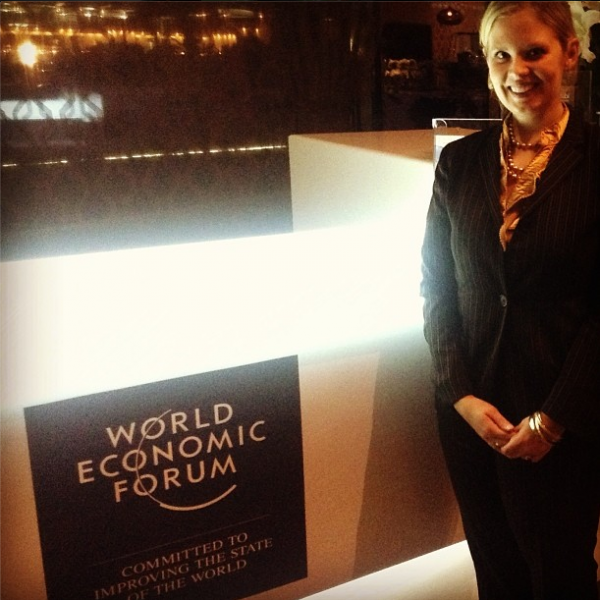Combating Human Trafficking Through a Business Lens
Christina Bain runs the Initiative on Human Trafficking and Modern Slavery at Babson College.
January 1st marked the beginning of National Slavery and Human Trafficking Awareness Month, a month where anti-trafficking consciousness is given a spotlight here in the United States. But human trafficking is a global crisis. According to the International Labour Organization, nearly 21 million men, women, and children are estimated to be exploited on a worldwide scale (2012). In the coming year, anti-trafficking stakeholders are looking towards entrepreneurial methods to address this egregious human rights issue, and I’m honored to work with so many innovators in this field.
During the spring of 2013, I joined the Babson Social Innovation Lab after previously serving as the Director of the Program on Human Trafficking and Modern Slavery at the Harvard Kennedy School. Since its inception, the Program has addressed all forms of human trafficking (sex, labor, and organ) through research, convening, global online conferences, student initiatives, and fellowships. As the anti-trafficking field evolved and the Program developed, key areas of impact began to emerge including the critical role of business coupled with innovation.
Whether through leadership and training; supply chain identification and prevention; or awareness and education, industry holds a key to widespread and lasting impact in the anti-trafficking field. At Babson, we believe that business solutions and entrepreneurship education are powerful methods to solving societal problems. I am excited to be a part of the Babson community and to further expand my work with colleagues and committed human rights advocates President Kerry Murphy Healey of Babson; Dr. Elizabeth Swanson Goldberg, Professor of English and Board Chair, Made by Survivors; and Cheryl Kiser, Executive Director, The Lewis Institute and Babson Social Innovation Lab.
This past November, President Healey, Dr. Daniel Isenberg, Professor of Entrepreneurship Practice at Babson, and I headed to Abu Dhabi for the World Economic Forum’s Summit on the Global Agenda. Annually, over 900 leaders in business, academia, policy, and civil society from the World Economic Forum’s Network of Global Agenda Councils and guests meet at this 3-day Summit to brainstorm and shape solutions to current global challenges.

Christina Bain at the World Economic Forum’s Summit on the Global Agenda. Photo Credit: Kerry Healey
In Abu Dhabi, an assemblage of members representing a range of the 86 Global Agenda Councils attended an initial meeting to discuss a new inter-council human trafficking initiative. This new initiative, a subgroup of the Illicit Trade and Organized Crime Council, is called the Human Trafficking Network-Wide Taskforce. Co-chaired by Dr. Louise Shelley, Director and Founder of George Mason University’s Terrorism, Transnational Crime, and Corruption Center (TraCCC), and me, the Human Trafficking Network-Wide Taskforce will forge new relationships and synthesize anti-trafficking strategies across sectors. This project will also engage the student communities of Babson and George Mason University through writing and research opportunities over the upcoming year. By using tools like Babson’s methodology of Entrepreneurial Thought & Action® coupled with collaboration, we are prepared to make a significant impact and create enduring systemic change in the case for global human freedom.
